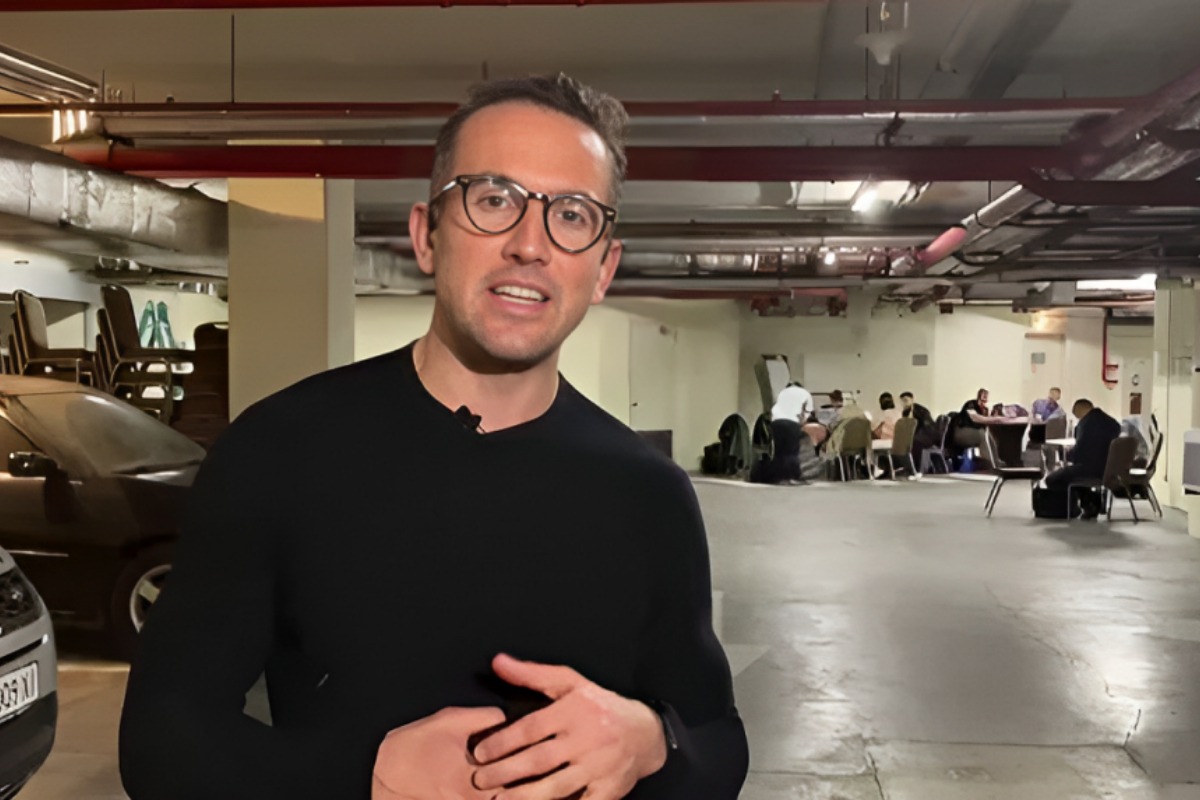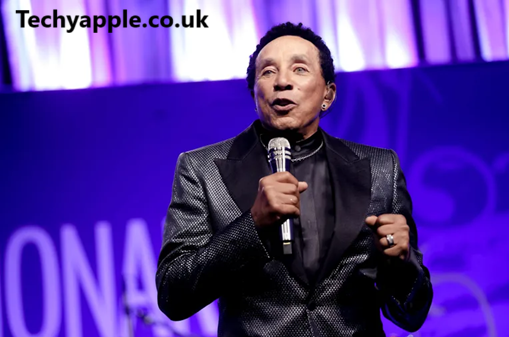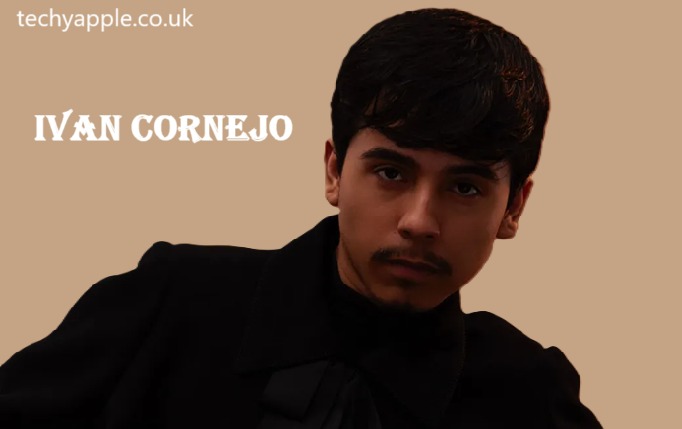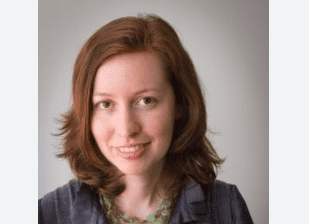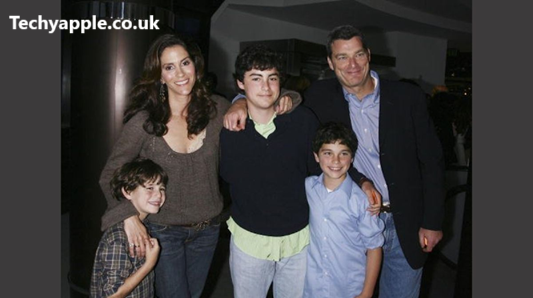Hugo Bachega: A Brazilian-Born British Journalist’s Journey
In today’s fast-paced world, where news reaches us in the blink of an eye, the individuals behind these stories often remain in the shadows. One such figure is Hugo Bachega, a name that might not ring a bell for everyone, but whose work has undoubtedly informed many. Let’s delve into the life of this remarkable journalist, exploring his background, career, and the path that led him to become a trusted voice in international reporting.
Early Life and Nationality
Hugo Bachega was born in Brazil, a country known for its vibrant culture and diverse landscapes. Growing up in Brazil, he was immersed in a rich tapestry of stories and experiences that would later fuel his passion for journalism. As he matured, Bachega made a significant move to the United Kingdom, where he furthered his education and eventually embarked on his journalistic career. This transition not only broadened his horizons but also granted him British nationality, making him a Brazilian-born British journalist.
The Genesis of a Journalism Career
Every journalist has a starting point, and for Bachega, it was with the Reuters news agency. He began as an intern in São Paulo, one of Brazil’s most bustling cities. This role provided him with invaluable experience, allowing him to hone his skills in news gathering and reporting. His dedication and talent didn’t go unnoticed, and he soon secured a full-time position with Reuters. This period was instrumental in shaping his journalistic ethos and provided a solid foundation for his future endeavors.
Joining the BBC: A New Chapter
After his tenure at Reuters, Bachega’s journey took a significant turn when he joined the British Broadcasting Corporation (BBC). The BBC, renowned for its comprehensive and unbiased reporting, offered Bachega a platform to cover stories on a global scale. His association with the BBC not only elevated his career but also allowed him to bring international stories to a broader audience.
On the Ground: Reporting from the Middle East
One of the most challenging and rewarding assignments for any journalist is reporting from conflict zones. Bachega embraced this challenge when he became the BBC’s Middle East correspondent. Based in regions often marked by turmoil and unrest, he provided in-depth coverage of events that shaped global politics. His reports were not just about presenting facts but also about capturing the human stories behind the headlines, offering viewers a nuanced perspective of the Middle East.
A Personal Connection to the Region
Bachega’s connection to the Middle East isn’t just professional; it’s deeply personal. At the age of 20, he lived in the region for the first time, an experience that left a lasting impact on him. This early exposure fostered a profound understanding and appreciation of the area’s complexities. Over the years, he returned multiple times, each visit deepening his insight and strengthening his commitment to telling the stories of its people.
Engaging with the Audience: A Digital Presence
In today’s digital age, journalists often extend their storytelling beyond traditional media. Bachega is no exception. He maintains an active presence on platforms like Instagram and X (formerly Twitter), where he shares glimpses of his reporting journeys, behind-the-scenes moments, and personal reflections. This engagement not only humanizes him but also builds a bridge between him and his audience, fostering trust and relatability.
Conclusion
Hugo Bachega’s journey from Brazil to the Middle East, and his evolution from an intern to a respected correspondent, is a testament to his dedication, courage, and passion for journalism. His unique background and experiences have equipped him to navigate complex narratives, bringing clarity and depth to the stories he tells. In a world inundated with information, professionals like Bachega play a crucial role in ensuring that news is not just reported but also understood in its full context.
